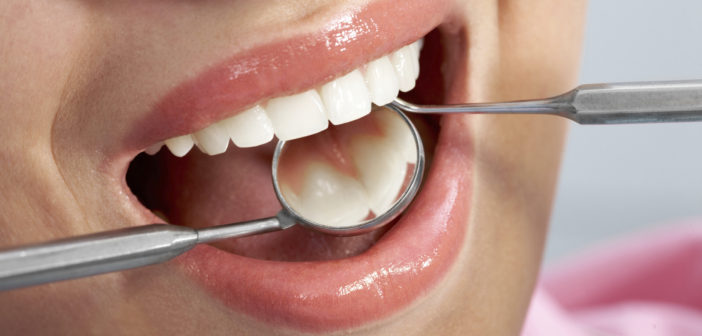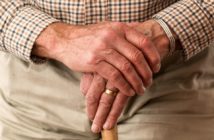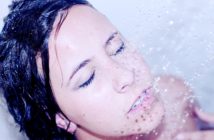If you are over the age of twenty one, you are more than likely very busy taking on new adult roles and responsibilities. Things like continuing post-secondary education, focusing on career, and starting a family, possibly all at the same time, may cause adults to lose track of the importance of dental care. But the American Dental Association and the Centers for Disease Control want you to know three things about adult dental care.
Regular Dental Visits Are Vital
The American Dental Association (ADA) recommends brushing and flossing daily and getting good nutrition, along with regular dental visits for adults for optimal oral health. This is just as important for adults as it is for kids, and the number of visits yearly should be determined by a dentist with considerations of individual risk factors, current oral health, and health history. High risk patients may need dental visits throughout the year rather than just an annual cleaning. The ADA recommends adults work with their dentists to determine the frequency of dental visits based on potential risk factors to prevent dental disease and ensure optimal dental health throughout adulthood and old age.
Adults Have Different Dental Health Challenges Than Kids
It’s common knowledge that regular brushing and flossing and avoiding sugary foods and drinks are good dental self-care practices. That holds true for adults and children alike. But adults face different dental health challenges than kids. The Centers for Disease Control (CDC) reports that older adults face challenges with dental care including loss of dental insurance because Medicare doesn’t cover routine dental care, challenges with eating without natural teeth, and increased severity of periodontal (gum) disease.
Lower income adults without dental insurance also face challenges paying for regular dental visits and the diagnoses and dental care that go with them. Older adults take more medications, putting them at increased risk for dental care complications such as dry mouth as a side effect which leads to cavities. Neurological conditions such as Alzheimer’s, Parkinson’s, Huntington’s, and stroke can leave older adults with disabilities that limit or prevent self-care including good oral hygiene like routine brushing and flossing.
Nutrition Plays a Big Role in Adult Dental Health
What adults eat not only affects the body’s health, but also oral health. According to Dr. Lisa A. Muff, foods that damage teeth include hard candy, ice, acidic foods like citric fruits and juices, coffee and tea, sticky foods such as dried fruit and chewy candies, crunchy foods like potato chips with high starch content, and drinks with high sugar content including alcohol and sports drinks. Chewing on hard candy and ice exposes teeth to breaking and chipping. Acids can damage enamel. Caffeinated drinks can stain teeth and cause dry mouth, leading to cavities. Sticky and starchy foods get in between teeth if not removed thoroughly. The high sugar content in alcohol and sports drinks is bad for teeth and calorie intake.
The ADA and CDC recommend limiting or avoiding foods that can damage teeth or cause cavities and problems with oral health, as well as daily brushing and flossing and drinking water when eating foods that are bad for teeth. Water, dairy, lean proteins, fruits and vegetables, and nuts are good choices for oral and dental health and overall nutrition. Calcium is vital to healthy teeth in adults and in old age, but a recent study showed that calcium supplements double the risk of heart attack. Getting calcium from foods such as dairy, vegetables and leafy greens like broccoli and spinach is a healthier choice.
It’s just as important for adults to pay close attention to dental care as for children, maybe more so. During a busy young adulthood and through old age, taking care of your teeth should be a top priority. In addition to brushing and flossing and limiting or eliminating sugar, adults face dental problems from higher likelihood of more medications, neurological conditions, and loss of or lack of natural teeth. Along with good dental self-care, working with dentist recommendations based on individual dental health status is one of the best ways to ensure good adult dental health through old age.




